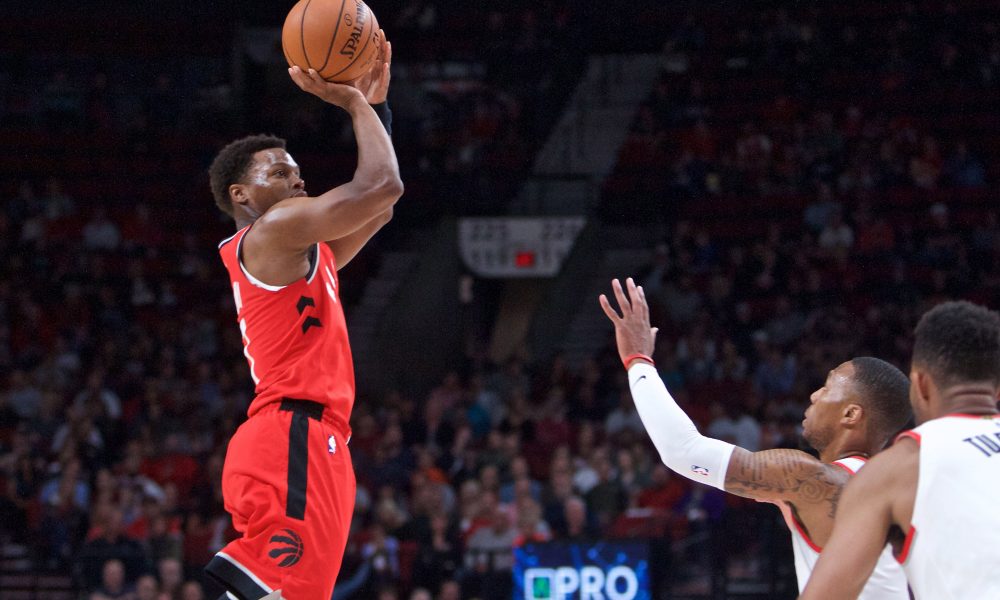The internet age has made the world a smaller placer in a whole variety of ways, and it is an effect that has been felt in the sports sector as much as any other. We see it with NFL football, that is now as much of a phenomenon in Europe as it is in North America, and we’ve seen it in the world of soccer with everyone going World Cup crazy earlier this year.
Canadian sport has certainly not been immune to the effects either. The Raptors enjoy a global fanbase, and while technology is a great way for the club to engage with them, we all know that there is no substitute for being at a game in person. Of course, the other thing most of us are only too well aware of is that when we start following a sports team, it can rapidly lead to something bordering on obsession. As a result, sports tourism is becoming a growing sector in Canada for those faraway fans who want to get close to the action.
A $6 billion sector
The average Raptors fan might be surprised to find out just how big Canadian sport is among non-Canadians. We might not have the same global branding as the NBA or the NFL, but European fans, and those from the UK in particular, tend to be the kind of dedicated fans who love the sport above the glory. For that sector, there is also the fact that they enjoy a wager, and sports betting in Canada is closer to the European model in terms of availability and regulation.
All this adds up to a sports tourism sector that generated a remarkable $6.8 billion for the Canadian economy in 2017. That represents an increase of more than $33 million over the previous year. Most notably, 35 percent of sports tourists are visiting Canada from overseas, up from 27 percent in 2014.
Not just international events
A major part of Canadian sports tourism derives from international events, such as the Winter Olympics in 2010 and the FIFA Women’s World Cup in 2015. Of course, these are major contributors, but the most gratifying thing for bodies like the Canadian Sport Tourism Alliance (CSTA) is that even though there have been no major international events like these over the past couple of years, the revenue generated by sports tourism has continued to go up year on year.
CSTA CEO Rick Traer credits the joined up thinking between his organisation and companies like CBC Sport, Destination Canada and the Canadian Olympic Committee for the success of Canada’s sports tourism industry. To a certain extent, he is right, and these bodies have worked together to showcase Canada as a great destination with the perfect infrastructure for hosting international events.
But sport is all about winning hearts, and that can only be done by having great teams with dedicated fans. The Raptors have a global following to be proud of, and they are a major part of this broader success.




